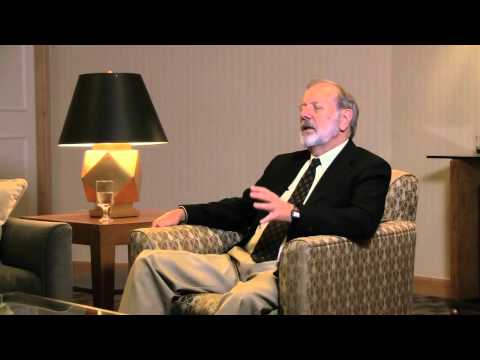This is something which you may already have seen. Perhaps Steve has spoken about it on youtube? Apologies for duplication, in that case. In any case, it is fascinating and a brilliant excuse for my way of studying …
When you look at Ericcson’s (not Gladwell’s) original conception of “10,000 hours of deliberate practice extended over more than a decade” - this article (and book) only really address the “deliberate practice” aspect of this concept, and even then, it only attempts to just define it better?
But I am sure the misleading headline helps to sell the book?
I love the fact that the members here are so widely read! @laing’s post reminded me to read up on Gladwell (whose “Tipping Point” was brilliant I thought at the time. I might have to read it again.). Ericcson will be next!
According to the Wikipedia entry on “Outliers”, Gladwell does refer to Ericcson’s work.
Gladwell cites the Beatles’ playing in Hamburg for four years, thus accumulating 10,000+ hours of practice and shaping their unique sound, ready for a return to the UK. He practically states that without the gruelling having to play 8 hours a day in Hamburg, there’d not be the Beatles we know. He also gives the example of Bill Gates who started out programming as a 13-year old, racking up 10,000+ hours in ??? years, thus making him ready for his work.
The extended definition of varied, deliberate practice makes the article interesting for me. I had no idea what a coach and a team had to go through in order to play ball!
And, yes, the headline will help to sell the book! ![]()
I tweeted on something similar
"The more we forget, the more we learn. The more easily we retrieve things, the less we learn. Robert Bjork
robert bjork - the theory of disuse and the role of forgetting in human memory - YouTube"
I also did a couple of videos on the subject of interleaving, see my blog post;
I believe it is not a question of whether to put in the hours. We need to put in the hours. It is a question of how we spend the hours. Block studying, focusing on one lesson, or list of words, or aspect of the language is less effective, according to research, than varying the activities, learning and forgetting. It is the forgetting and relearning that increases our memories and our ability to recall things from storage. That is why I recommend learning from difficult texts with lots of unknown words rather than staying with easy lessons or graded readers for example.
Sanne - the original paper is here → http://graphics8.nytimes.com/images/blogs/freakonomics/pdf/DeliberatePractice(PsychologicalReview).pdf
Fig 12 was what built the hypothesis, and it was first clearly stated, to my knowledge, on page 394 of this paper.
The “sports gene” is a great book for understanding that the 10k figure is variable, and dependent on what you are trying to master, what “talents” you may already have, what 'deliberate practice" methods you actually use etc.
I like this new book for its highlighting of the usefulness of elaboration as a technique (giving new material meaning by expressing it in your own words and connecting it with what you already know), reflection as a technique, and also for some of the techniques that Steve mentions (interleaving).
However it isn’t really for language learning, specifically, and I think its criticism of massed practices, whilst ok, misses the mark when applied to the beginning stages of language learning.
However the general techniques in the book are good.
For me, and for many learners, a focus on grammar, massed practice of grammar, at the beginning stage of learning a language, or for that matter at any stage of language learning, is discouraging and produces limited results, compared to the effort required. On the other hand, an interleaved approach, with frequent reviews of grammar, and lots of input and possibly output, and further review of grammar, without ever expecting to master any specific aspects of grammar, but rather expecting it to become more and more familiar and natural over time, is a more efficient approach. The same is true of vocabulary acquisition.
This experience conforms to the research that Robert Bjork of UCLA talks of in his videos. I suggest that anyone interested in this subject check him out on youtube.
I rarely look at grammar.
It may (or may not) be worth noting that the book defines massed practice as - “single minded, rapid fire, repetition of something you are trying to burn into memory”.
I agree with the book, that it is generally a waste of time. But I think, for starting a language, exposing yourself to 100’s of rapid fire, simple, natural dialogues, for a month or so, is a good idea. Perhaps people will say this isn’t massed practice - but that isn’t what the book says.
Thank you guys for the stimulating links/information. Am just watching robert bjork and have (partially) already read the paper that @iaing mentioned.
